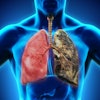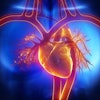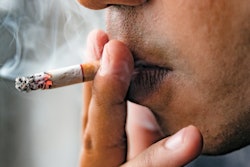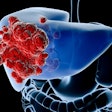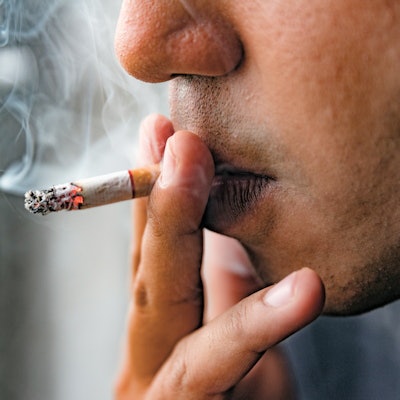
Almost half of patients -- 47% -- flagged as being at high risk of lung cancer after CT lung screening experience delays in follow-up care, according to research presented May 17 at the American Thoracic Society (ATS) meeting in San Francisco.
The findings are cause for concern, said study presenter Dr. Alwiya Ahmed of the University of Washington in Seattle in a statement released by the society.
"The fact that nearly half of all patients with abnormal findings in our study experienced delays in following up is alarming," she said. "It is disconcerting to see that among those screened who have abnormal findings, there is a significant delay in recommended follow-up. This could ultimately result in delayed diagnosis of lung cancer."
Lung cancer is the leading cause of cancer-related death, Ahmed noted. Low-dose CT lung screening reduces mortality in people at high risk, and both the U.S. Preventive Services Task Force (USPSTF) and the U.S. Centers for Medicare and Medicaid Services (CMS) have recently broadened the pool of eligibility for annual screening.
The researchers have begun to explore why, despite these expanded recommendations, uptake of CT lung cancer screening remains sluggish, but there are no studies that assess delay in follow-up after high-risk findings, Ahmed and colleagues wrote in their study abstract. And although the group didn't directly investigate causes of delays in follow-up care, these causes could include "comorbidities that would prevent someone from being a surgical candidate or chemotherapy options, current smoking status, safety net clinics, gender, distance to the clinic," Ahmed told AuntMinnie.com.
To address this knowledge gap, Ahmed's team conducted a study that included patients who underwent baseline or annual screening between 2012 and 2021; 397 individuals had high-risk findings according to Lung-RADS categorization. Follow-up care was defined as a second CT scan or other appropriate imaging, and/or a specialty consultation or procedure. The investigators defined delayed follow-up as any that occurred 30 or more days beyond the recommended time frame.
Of the 397 patients with high-risk findings on baseline/screening CT exam, 15% were diagnosed with lung cancer. In all, 47% of high-risk exams had statistically significant follow-up delays, and median delay time for all suspicious Lung-RADS categories was three months.
| Follow-up delays after baseline suspicious findings on CT lung cancer screening | ||
| Lung-RADS category | Percent delays | Median follow-up (days) |
| Lung-RADS 3 | 58% | 181 |
| Lung-RADS 4A | 35% | 68 |
| Lung-RADS 4X | 37% | 32 |
The researchers also found that those patients who were current smokers had longer delays than former smokers -- a result that is "concerning given the high risk of lung cancer in this group," they noted.
"Interventions are needed at both the provider and patient levels to ensure that high-risk patients receive adequate follow-up," Ahmed concluded in the ATS statement.

